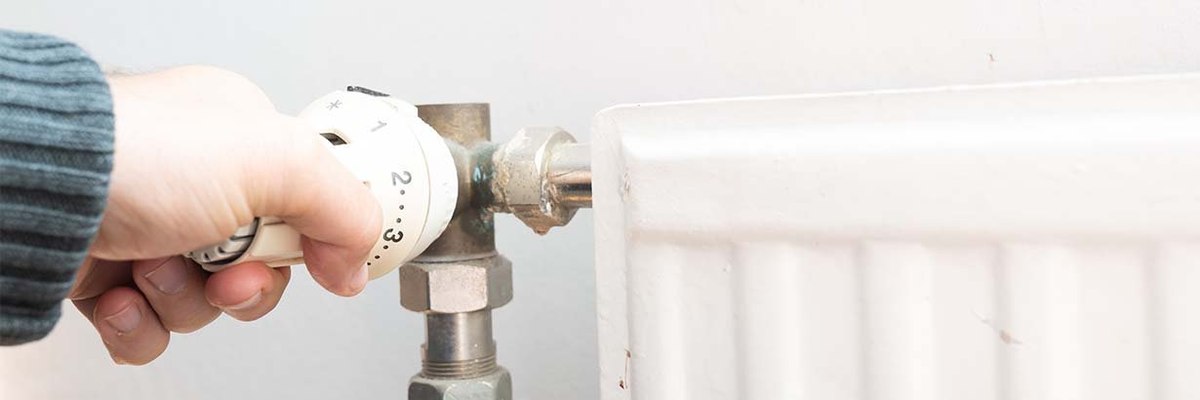Most Britons are still cutting back on energy use in some way
With the cost of living crisis now at the end of its second year, results of a new YouGov study show that most Britons are continuing to say they are trying to reduce their household energy usage.
Our study in October last year found that 73% of Britons were cutting back on energy use – that same study run again this month finds that figure has now dropped, but still stands at 57%.
The number of people cutting back on their use of electricity and gas at home rises to eight in ten (82%) when looking at those who are ‘struggling financially’ – Britons who describe themselves as struggling, or unable, to afford their everyday costs. A sixth of the overall population currently fall into this category.
In what ways are Britons reducing their energy usage?
The most common energy use category that Britons are cutting is heating, with half of the country (49%) still making changes here. One in three (32%) are also using their lights less, while around a quarter are using their oven less (28%), consciously turning devices off standby when not in use (27%) and using washing machines and/or tumble dryers less (25%). One in five (21%) are reducing the amount of hot water they use.
Across the board these figures are all down since last year, and by similar amounts across the main categories (around 9-14 percentage points).
While this article goes into more specific detail on the ways people are making cuts in each category, we have summarised the top ten most common ways people are cutting their energy use in the chart below.
At the top of the list is wearing more layers or using blankets, with 39% of Britons doing this to try and make energy savings. Other heating efficiencies come in second and third, with 32% reducing the temperature on the thermostat and 31% reducing the time that heating is on for.
Three in ten are also consciously turning off lights when not in that room (30%).
Looking at what those who are struggling financially are most likely to be having to do relative to the wider population, donning extra layers or using blankets again tops the list. While four in ten Britons say they are doing so to save money on heating (39%), this figure rises more than twenty points to 61% among those financially struggling.
Similarly, those who are financially struggling are seventeen points more likely to be setting the thermostat to a lower point (49%) than the public as a whole, and fifteen points more likely to be reducing the amount of time the heating is on (46%) and waiting until they are cold before turning on the radiators (44%).
In what ways are Britons reducing their energy usage: heating
Cuts to heating are the most common way people are currently trying to reduce household energy (49%). The adjustment the largest number of people are making is wearing more layers or using blankets (39%) but significant numbers of people are also reducing the thermostat temperature to lower than usual (32%), reducing the time they have the heating on (31%), or waiting until it is cold before turning on the heating (29%).
One in eleven Britons (9%) are not using heating at all, with this figure rising to 23% amongst those who are struggling financially. Similar numbers in this group are also using fewer rooms in their house to cut heating costs (27%) or using hot water bottles to stay warm (22%).
In what ways are Britons reducing their energy usage: lighting
The main way people are reducing the amount they use lights in the home is relatively undisruptive – three in ten (30%) are making sure they turn off lights in rooms they are not currently using. Additionally, one in seven Britons (15%) are switching to energy efficient lightbulbs as a way to limit costs in the longer term.
One in six Britons (18%) are waiting until it is dark before turning on the lights, while 12% aren’t turning them on at all, instead opting to sit in the dark. Almost a quarter (27%) of those who are struggling financially are taking this more extreme lighting measure.
Other ways people are trying to save on energy when lighting their homes are by using lamps (10%), candles (5%) or battery operated lights (3%).
In what ways are Britons reducing their energy usage: hot water
One in five (21%) are taking measures to reduce the amount of hot water they use in the house. This includes taking shorter showers (13%), showering less frequently (9%), or switching from baths to showers (10%).
One in nine (11%) have switched to washing their hands with cold water to save on energy costs while 4% are doing the same when it comes to doing the washing up. One in eleven (9%) are washing up less often than usual to limit the amount of hot water they need.
In what ways are Britons reducing their energy usage: ovens
By far the main way people are making cuts when it comes to kitchen appliances is by reducing their use of the oven, with over a quarter of people (28%) in Britain doing this in some way.
One in five (22%) are opting to cook food using different methods such as using a microwave, slow cooker or air fryer instead. One in twenty Britons (5%) say they have cut out using the oven completely, rising to 11% amongst those struggling financially.
One in twenty Britons likewise say they are limiting the number of hot meals they eat each week, rising to one in eight of those struggling financially (13%).
The public are also limiting how often they use the oven by batch cooking (9%), not preheating the oven before putting food in (5%) and turning it off before the cooking time is up (5%). While some people are switching to a hob instead of the oven (10%), 7% are also reducing how much they use their hobs for cooking.
In what ways are Britons reducing their energy usage: washing machines and tumble dryers
One in five (20%) of the public are consciously waiting until they have a full load before washing their clothes, while 14% are lowering the temperature they wash clothes on. One in eight (13%) are wearing their clothes longer than they’d normally do to limit the number of washes they need.
Turning to drying, one in seven (14%) have turned away from the tumble dryer completely, instead hanging up their washing to dry.
Compared to last year, some other activities are sufficiently limited that we have chosen not to highlight them this year, but the full list can be found in the data tables below.
Photo: Getty









